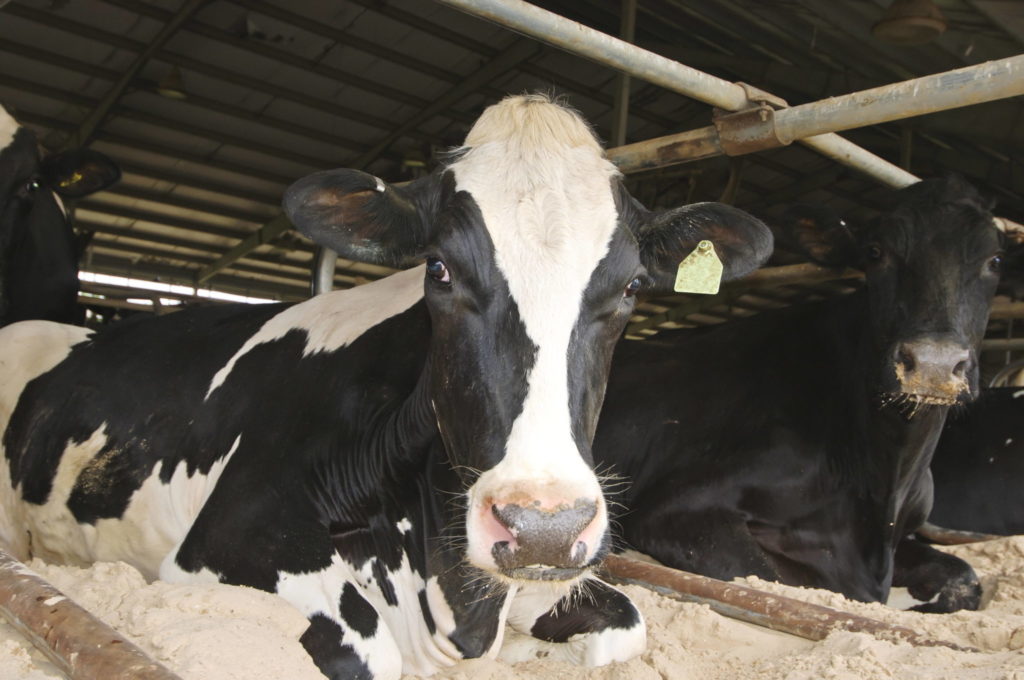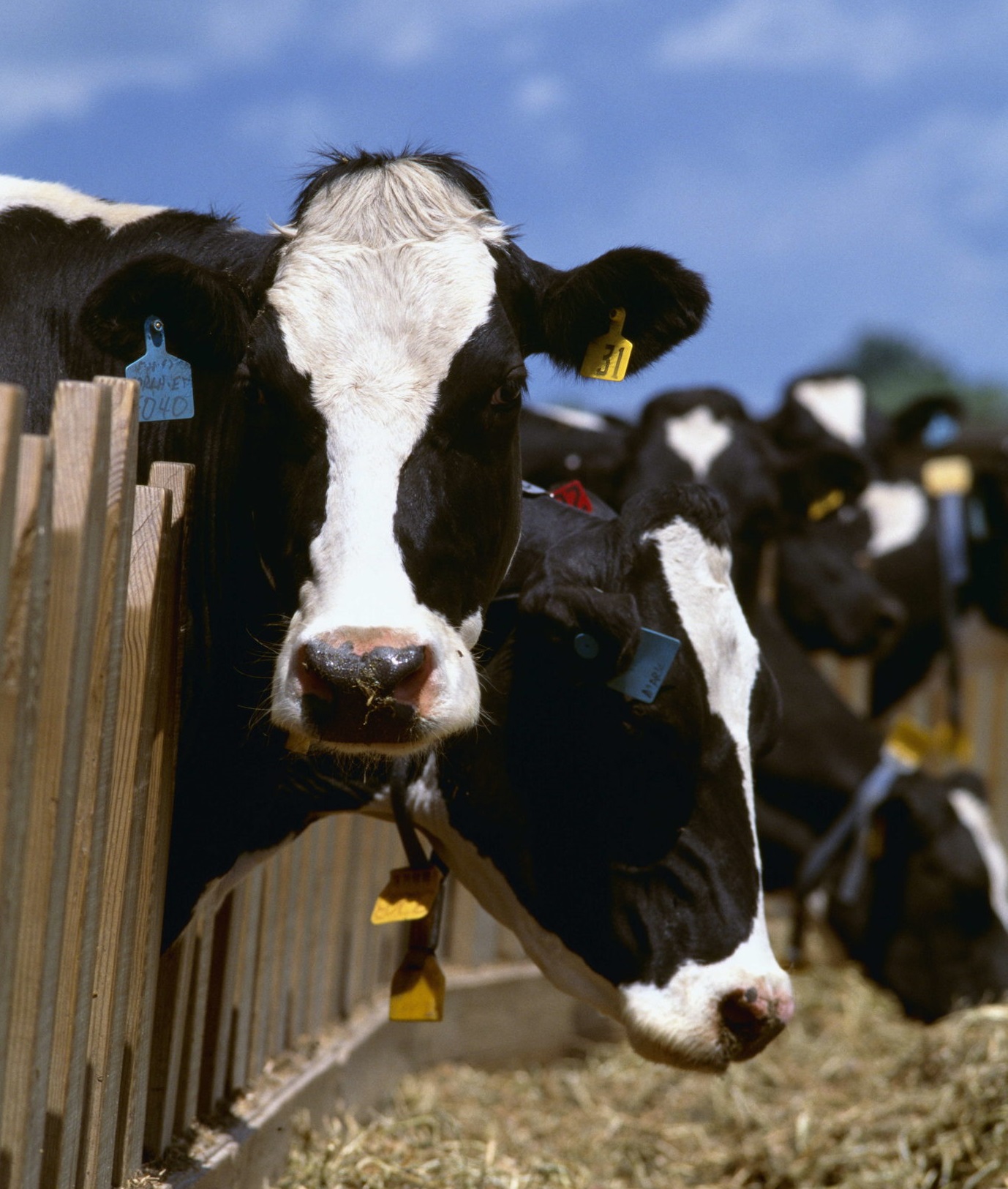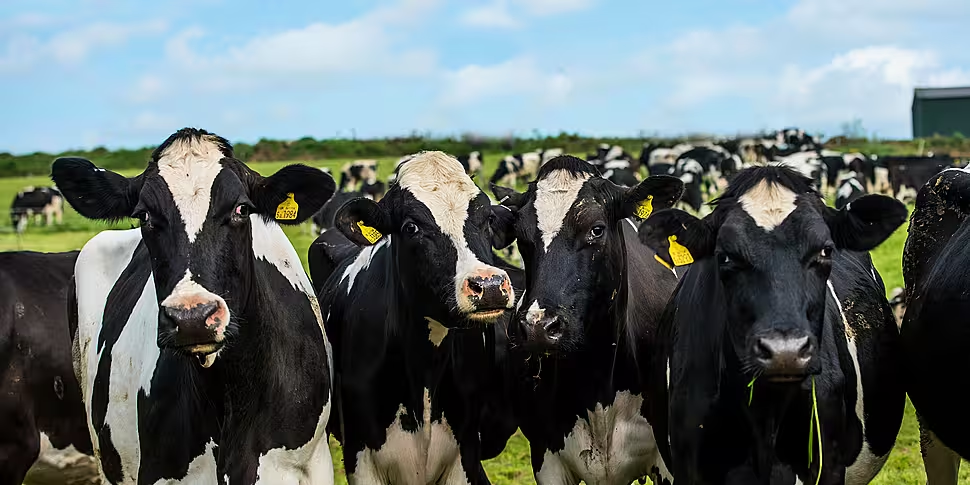 Cows at a dairy farm in 2015. Image: Dan Sherwood/Design Pics via ZUMA Wire
Cows at a dairy farm in 2015. Image: Dan Sherwood/Design Pics via ZUMA Wire
It means a farmer must not exceed two dairy cows per hectare without a 250kg derogation, but can farm at almost three cows per hectare if approved for a derogation.
"While it will impact the large-scale dairy farm, it's going to impact the family model in particular," he said.
"Intensive dairy, and in particular in the west Cork region, has proven that intensive dairy and excellent water quality can go hand in hand."
'Denying us the opportunity for change'
Mr McCormack said the sector has started using low-emission slurry spreaders, among other measures.
"All the scientists tell us that a change in practice on farms requires a 20 to 30-month period for results to be delivered from a water quality perspective," he said.
"What the Government are definitely doing here, and the EU, [are] denying us that opportunity for a change in practice to deliver meaningful results."
"We're going on 2022 and 2021 water quality results, where there was no period of time for the change in implementation of practice on farms to deliver meaningful results."
'Something's got to give'
"We've seen year-on-year increase in agricultural water pollution for the last decade," she said.
"Approximately half of our rivers and lakes are now polluted, and two-thirds of our estuaries.
"It's gotten to the point where the EPA are referring to 'alarming declines' in water quality in our estuaries.
"It's dairy intensification which is primarily driving that in the south and south-east.
"At a certain point, something's got to give."
 Dairy cows feeding at a dairy feed bunk in March 2005. Picture by: Steve Woit/Design Pics via ZUMA Wire
Dairy cows feeding at a dairy feed bunk in March 2005. Picture by: Steve Woit/Design Pics via ZUMA WireDr McGoff she said appreciates farmers have been making changes.
"We have some water bodies in Ireland where there's 50% too much nitrogen going into the water - like the Slaney and the Barrow," she said.
"It's down to the sheer number of animals.
"The measures farmers are putting in place, while welcome, they're small-scale and often localised.
"They're not going to achieve the drastic reduction in pollution that we need to see in these really impacted water bodies," she added.
Listen back here:









